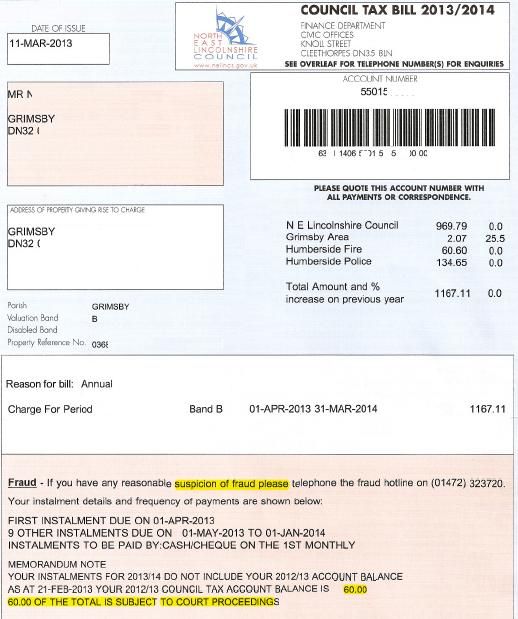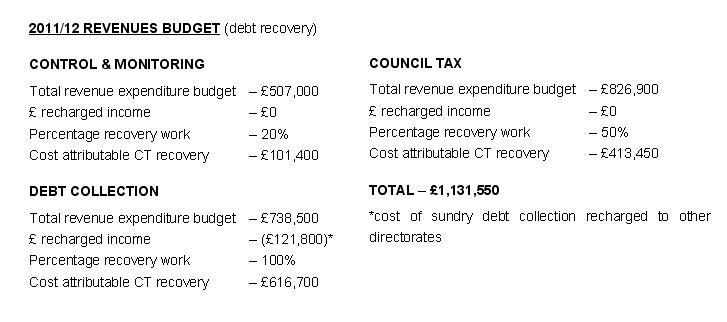Re: Council Tax Liability Order Applications Court Costs Test Case
Attachments failed first time, second attempt...
Attachments failed first time, second attempt...


View our Terms and Conditions
LegalBeagles Group uses cookies to enhance your browsing experience and to create a secure and effective website. By using this website, you are consenting to such use.To find out more and learn how to manage cookies please read our Cookie and Privacy Policy.
If you would like to opt in, or out, of receiving news and marketing from LegalBeagles Group Ltd you can amend your settings at any time here.
Comment